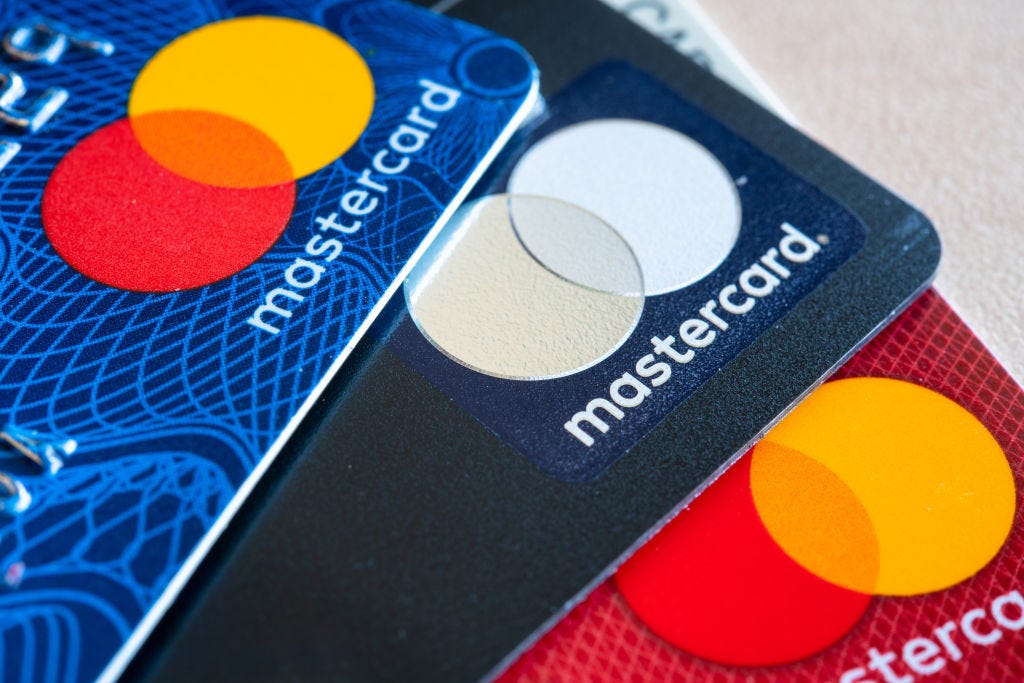Mastering Mastercard: A Comprehensive Analysis
Beyond Transactions: Understanding Mastercard's Performance
Company Outline

Mastercard is a considerable player in the payments industry. It offers payment processing solutions to businesses and consumers worldwide and is one of the biggest payment processors in terms of market cap and payment volume. Mastercard started as Master Charge: The Interbank Card in 1966 and changed to Mastercard in 1979. It expanded its services to over 200 countries and territories, serving over 2.8 billion cardholders.
Mastercard provides payment processing services to financial institutions, merchants, and governments. Mastercard's revenue streams include transaction processing fees, cross-border fees, and value-added services. The company's business segments are domestic assessments, cross-border volume fees, transaction processing fees, and additional revenue.
The firm's financial performance has been excellent, putting banks on increased transaction volumes and higher fees. They face competition from Visa, American Express, and PayPal. However, their super strong brand recognition, global network, and innovative technology solutions have helped them stay one of the biggest payment processors in the world.
Like any company, Mastercard faces risks that could hurt its financial performance. One of the most significant risks facing the payment processing industry is the possibility of increased regulation. The industry is also vulnerable to changes in consumer behavior, such as if people start moving away from traditional payment methods to mobile payments. Moreover, Mastercard's business depends on the overall health of the global economy, which inflation, geopolitical tensions, and natural disasters could impact.
Perspective and Competitive Edge
Mastercard has a lot of cool stuff that should catch investors' attention. Even though the payment industry is changing, Mastercard's position in the global electronic payment infrastructure is pretty much untouchable, and it's got a big ol' protective moat around its business.
Nowadays, everyone uses electronic payments instead of cash, which is super convenient for Mastercard. It's a tollbooth business, so it charges fees regardless of whether a credit, debit, or mobile payment is made.

Keep reading with a 7-day free trial
Subscribe to The Super Stocks to keep reading this post and get 7 days of free access to the full post archives.




